Optimal Timing for Perimeter Drain Installations
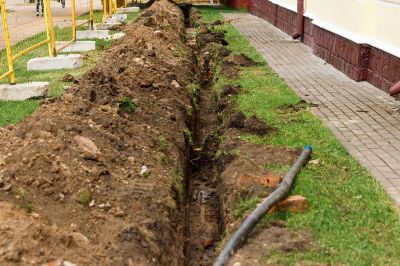
Installing perimeter drains in early spring allows for completion before heavy rainfall and ground saturation.
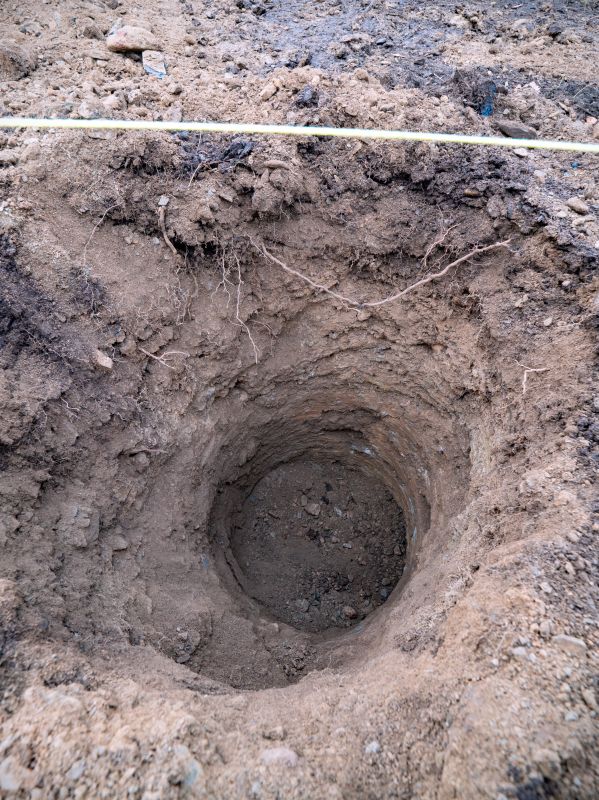
Ideal for avoiding peak heat and ensuring ground conditions are stable for excavation.
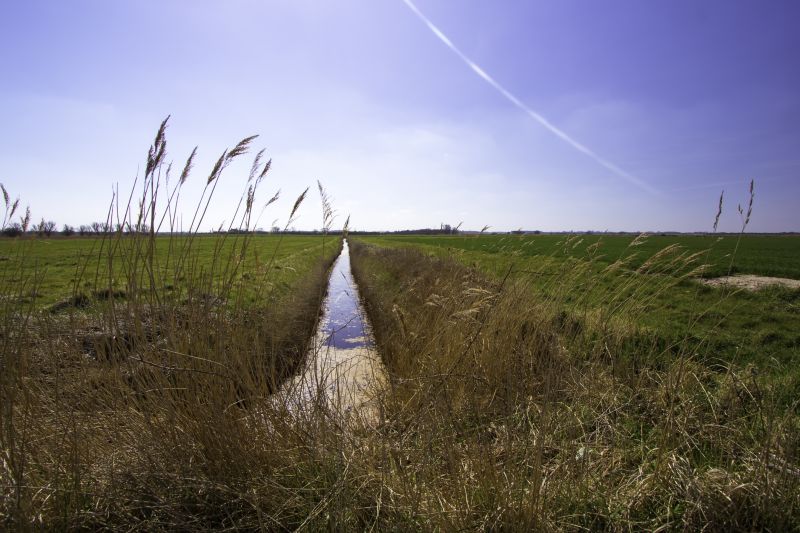
Scheduling during dry periods minimizes soil moisture interference and facilitates installation.
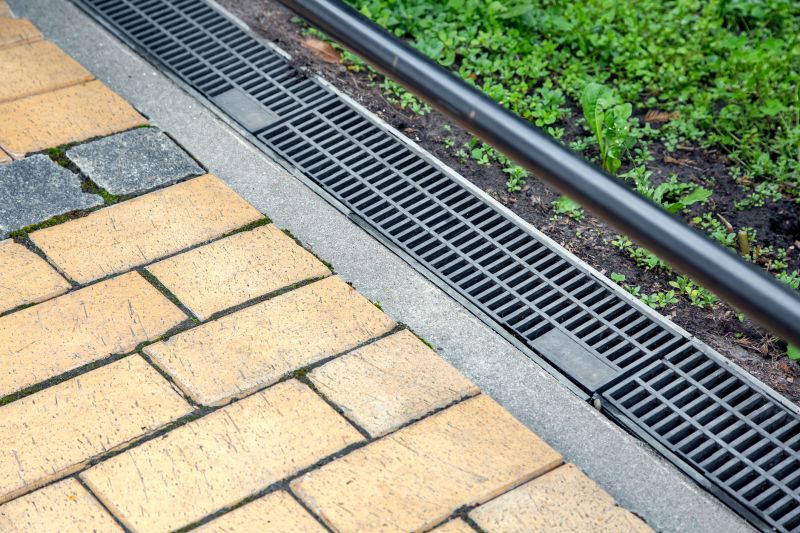
Ways to make Perimeter Drain Installations work in tight or awkward layouts.
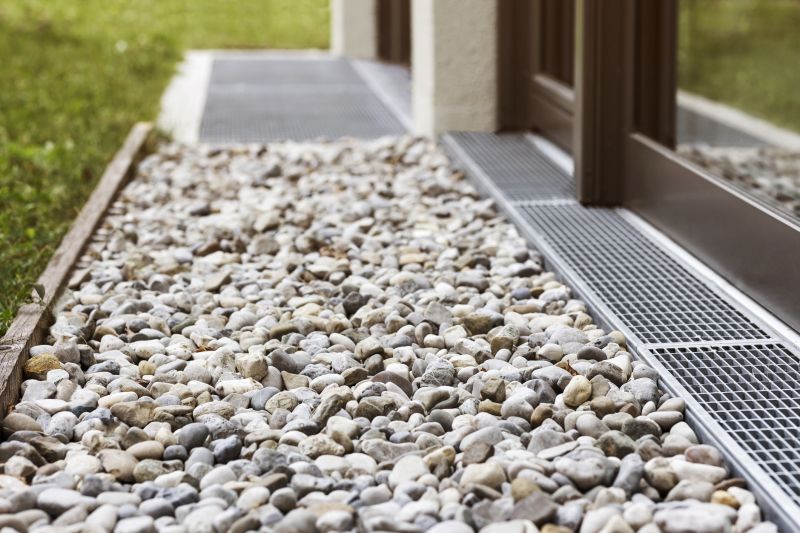
Popular materials for Perimeter Drain Installations and why they hold up over time.
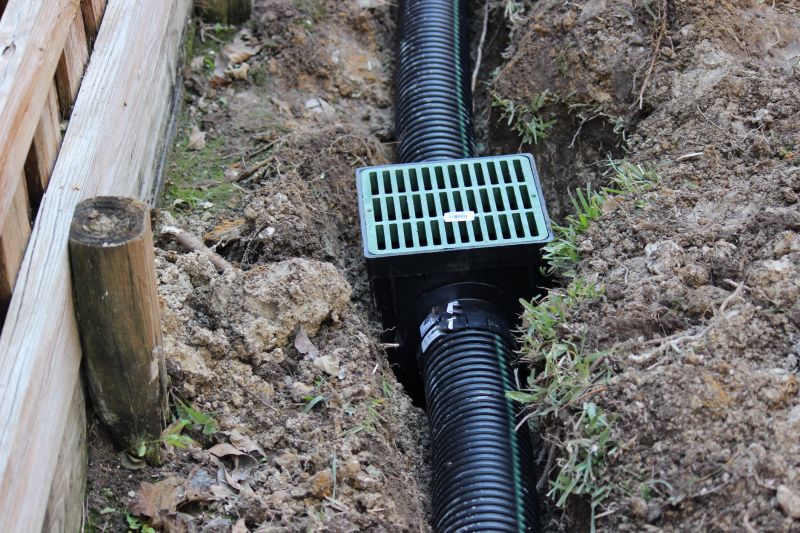
Simple add-ons that improve Perimeter Drain Installations without blowing the budget.
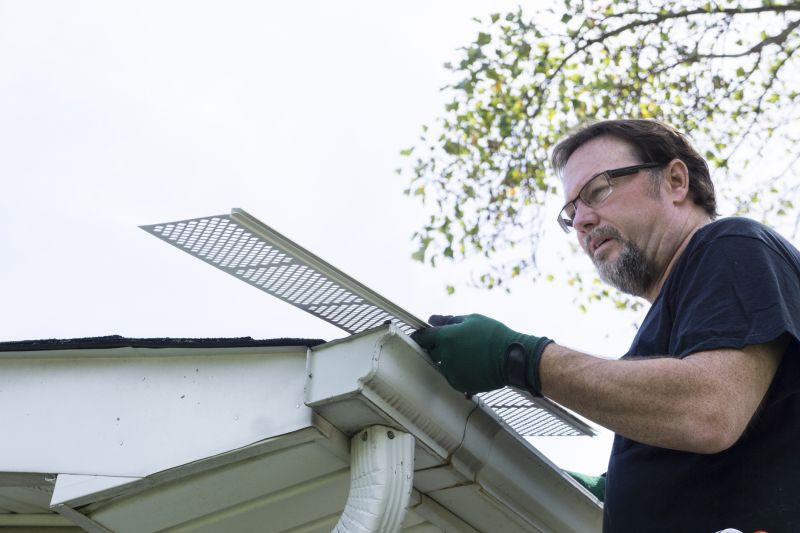
High-end options that actually feel worth it for Perimeter Drain Installations.
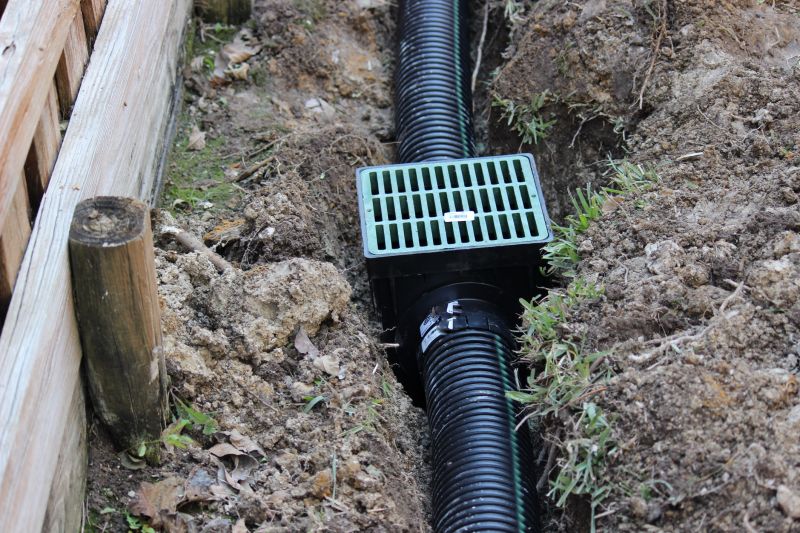
Finishes and colors that play nicely with Perimeter Drain Installations.
Perimeter drain installations are crucial for managing excess groundwater around foundations and preventing water intrusion. These systems typically consist of a perforated pipe wrapped in filter fabric, installed along the perimeter of a property to direct water away from the structure. Proper installation can significantly reduce the risk of basement flooding, foundation damage, and soil erosion. According to industry data, effective perimeter drainage can decrease water-related issues by up to 80%, making timing and proper execution essential.
Proper timing ensures soil conditions are suitable for excavation and pipe installation, reducing complications.
Rain and snow can delay work and compromise soil stability, affecting installation quality.
Scheduling installations before forecasted heavy rain helps in achieving optimal results.
Dry, firm soil facilitates easier digging and reduces installation risks.
| Season/Period | Advantages |
|---|---|
| Spring | Allows installation before heavy rains, soil is thawed and workable. |
| Summer | Good weather conditions, less soil moisture, longer daylight hours. |
| Fall | Prepares for winter, soil is still workable, reduces winter freeze risks. |
| Dry Season | Minimizes delays caused by rain or snow, ensures stable ground |
